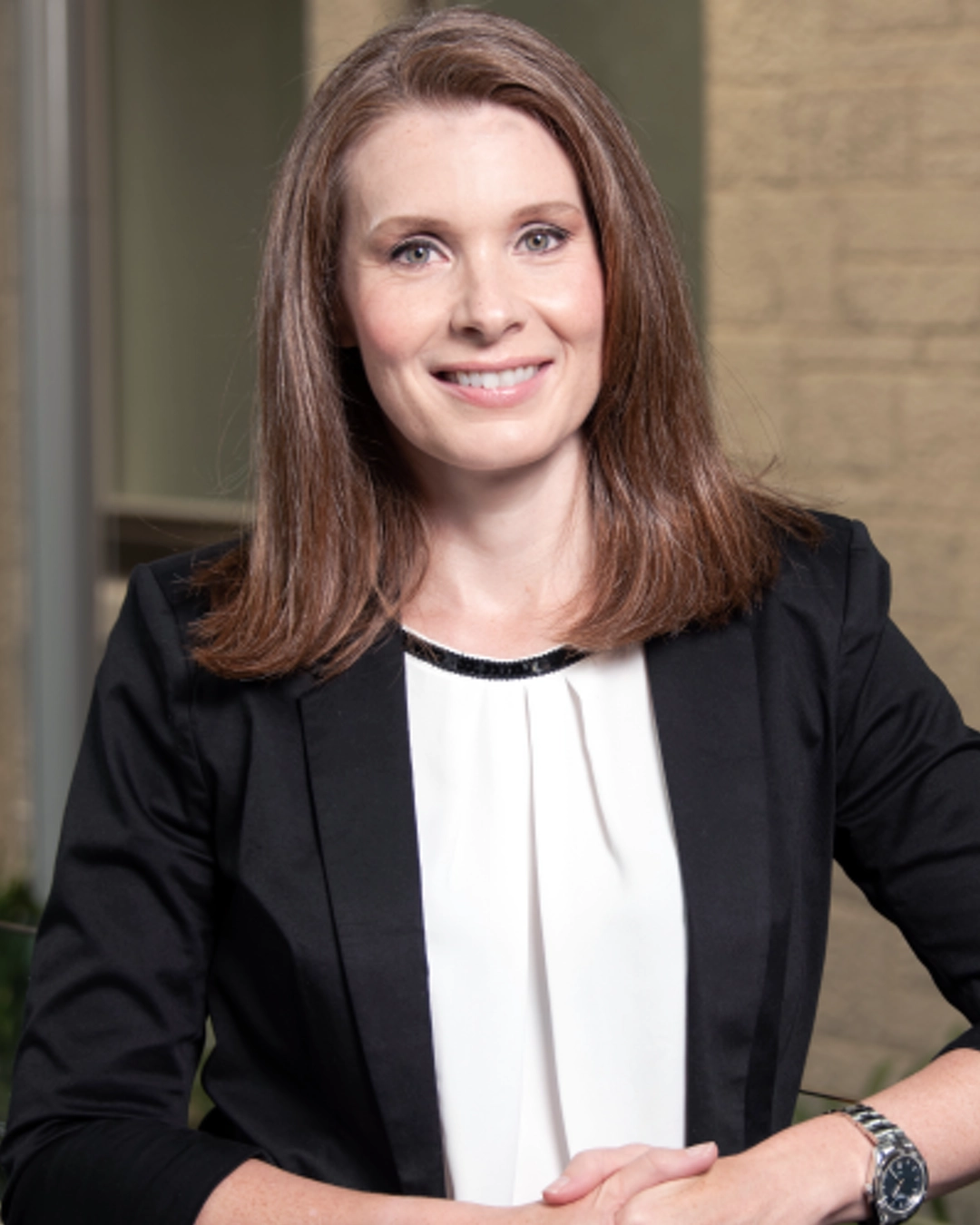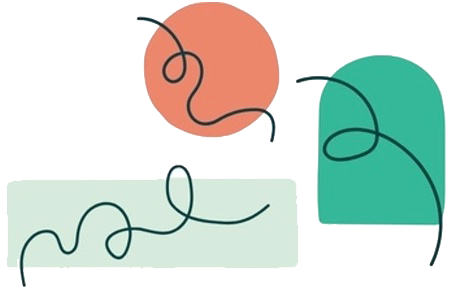In this Episode
In today’s episode, we’re joined by Dr. Julie Scorah a licensed neuropsychologist at McGill University. Julie practices as a clinician and is involved in research about how to make autism resources more accessible to the families that need them.
Introduction to Dr. Scorah’s research:
- What are the barriers that families with neurodivergent children face?
- What should parents be looking for in terms of symptoms? When is the proper age to get a diagnosis and how is autism diagnosed?
- Once you bring up your concerns with a family doctor, what kind of professional are you referred to for a diagnosis?
- What is the prevalence of autism?
- Does autism present differently in girls than in boys?
- What are the motions after your child receives an autism diagnosis? Is it all bad?
- How can your research be better implemented in society? What is current research lacking?
- Is there DNA testing available to help diagnose autism and is it useful?
- What are the differences in the brain of a child with autism compared to a typically developing brain

About This Week's Guest
Julie Scorah is a licensed neuropsychologist specializing in neurodevelopmental conditions, including Autism Spectrum Disorder (ASD), Attention Deficit Hyperactivity Disorder (ADHD), and Fetal Alcohol Spectrum Disorder (FASD).
She is the Associate Director of the Azrieli Centre for Autism Research (ACAR) Clinic, as well as a full research member. In 2019, she joined McGill University as an Assistant Professor (Professional) in the Department of Neurology and Neurosurgery of the Faculty of Medicine and Health Sciences. She was formerly an Adjunct Professor in the Department of Psychology at the University of Calgary (2008-2011).
Scorah received her Master’s degree and PhD in Psychology at the University of Waterloo, Ontario. She has 16 years of experience working in clinics specializing in the assessment and diagnosis of neurodevelopmental conditions in various tertiary centres including the McMaster Children’s Hospital, the Alberta Children’s Hospital, the Montreal Children’s Hospital, and The Neuro (Montreal Neurological Institute-Hospital). She also has experience leading multi-disciplinary teams in home, school, and centre-based intervention for autism.
Scorah has clinical research experience in the design and implementation of clinical assessment protocols, project development, and as a clinical site leader in multi-site research protocols




